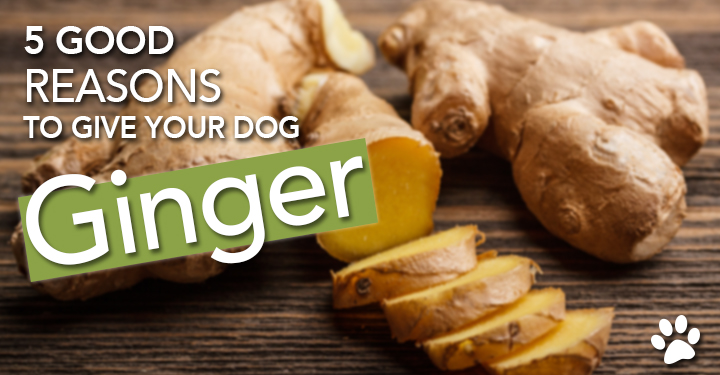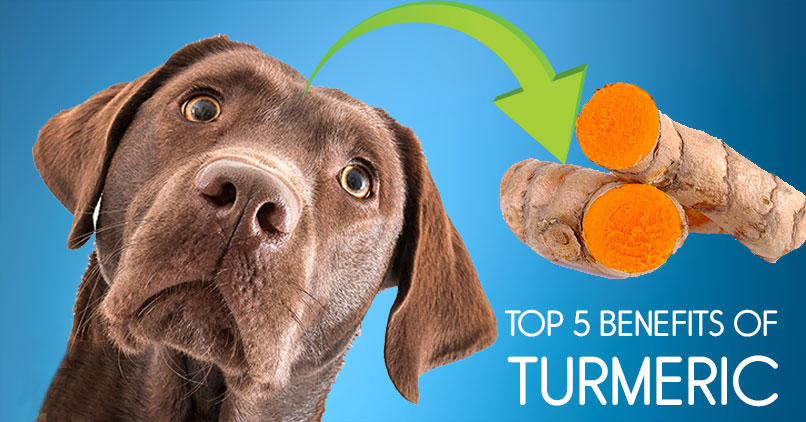- Order Tracking
- My Wishlist
- My Account
- 0 Item(s)
Your cart is currently empty.
6 Natural Solutions For Dog Anxiety
- home
- 6 Natural Solutions For Dog Anxiety
January 23, 2020
6 Natural Solutions For Dog Anxiety
You know your dog better than anyone else. You know when she’s relaxed, when she’s bored, and when she’s happy …
… But can you also tell when she’s stressed out?
Dog anxiety is common. It can stop your dog from enjoying normal doggie activities … like going for a walk around the neighborhood. So it’s important to find a way to help her relax and have fun!
Do you know what to do to calm your dog when she’s anxious? I’m sharing below some great natural remedies you can try. They’ll help you avoid pharmaceutical meds that have some bad side effects.
But first, some background on dog anxiety in general.
Common Types Of Dog Anxiety
There are 2 types of dog anxiety, behavioral and situational.
Behavioral anxiety is when your dog has ongoing anxiety about something.
Separation anxiety is an example of behavioural anxiety. It’s the most common anxiety in dogs. Some experts estimate that about 14% of dogs suffer from it. These dogs are afraid of being at home alone or separated from you in any way.
There can be many causes of behavioral anxiety. Past trauma or abuse can cause your dog to react or act out.
Situational anxiety is when your dog is afraid of something specific, like storms or other loud noises, car rides, or going to the vet or groomer.
Note: Many dogs also suffer chronic fear or anxiety as a side effect of over-vaccination, especially with rabies. If you think this is your dog’s case, it’s best to consult a homeopathic vet to help treat her condition. Find one at theavh.org. Most will do phone consults.
Signs Of Dog Anxiety
Sometimes it’s easy to tell when your dog is anxious. Other times you may have to pay extra close attention.
These are some of the most common signs of dog anxiety:
- Chewing or destructive behavior
- Barking or crying
- Restlessness, pacing
- Excessive licking
- Aggression
- Loss of appetite, refusal to eat
- Trembling or shaking
- Excessive panting
What About Conventional Treatments?
If you go to a conventional vet, you’ll likely leave with a bottle of anti-anxiety medication. This includes meds like Valium, Xanax, ProZac, Paxil or Lorazepam. You’ve probably heard of these – many are human meds.
Most dogs have to take these drugs for several weeks before there’s a change. But that doesn’t mean the treatment stops after that.
Some dogs can eventually stop taking them, but others need life-long treatment.
And these drugs come with a long list of adverse side effects.
Some of them include:
- Increased or decreased appetite
- Lethargy and/or drowsiness
- Affected learning and memory
- Increased urination
- Upset stomach, diarrhea, vomiting
- Increased aggression and anxiety
- Damage to the liver
- Seizures
- Insomnia
- Skin conditions
Some drugs can even result in withdrawal symptoms if used long-term and stopped abruptly.
Luckily there are lots of natural alternatives you can safely use to calm your dog and help her deal with her anxiety.
6 Natural Solutions For Dog Anxiety
#1 CBD Oil
The use of CBD oil is exploding, especially among dog owners, because of its many benefits. It helps with pain management, seizures, even cancer …
And it’s also showing great results when used to manage dog anxiety.
How does it work?
It’s all about the endocannabinoid system.
The body has cannabinoid receptors throughout the central nervous system. Your dog’s body releases endocannabinoid chemicals on its own. These connect with the receptors that stimulate her natural ability to create serotonin. Serotonin is a natural mood stabilizer.
Research shows that CBD increases this ability. It interacts with the nervous system to soothe and calm anxiety.
CBD is great for situational anxiety because it works fairly quickly. For example, if a storm is coming or you’re heading out in the car, give her CBD oil 30-60 minutes before. This will help calm her down and keep her relaxed.
To give it to your dog, follow the dosing instructions on the bottle. You can add it to your dog’s food or place it straight in her mouth.
#2 Herbs
There are several herbs that can help soothe your dog’s anxiousness.
- Chamomile – this gentle herb is a powerful sedative – there’s a reason people drink it before bed. It can help your dog relax and soothe her stomach when she’s nervous.
Use it if your dog gets nervous in the car and gets car sick.
- Valerian (Valeriana officinalis) – this is the most widely recognized herbal sedative. It’s safe and gentle and calms the nerves. It also promotes physical relaxation.
Use it for stressful events or if your dog gets hysterical or overexcitable.
- St John’s Wort (Hypericum perforatum) – a safe, effective alternative to anti-depressant drugs.
Use it for separation or fear-based anxiety (thunderstorms or fireworks).
All three of these herbs can be made into a tea, used as a tincture, or as a capsule.
If giving a tea, pour over food or into your dog’s water. If giving a tincture, add to water or food or put directly in her mouth.
Here are the general rules for dosing:
1-20lbs
- Tea – 1/4 cup, 1-3 times per day
- Capsules – 1/2 – 1 capsule, 1-3 times daily
- Tincture – 1-4 drops, 2-3 times daily
20-50lbs
- Tea – 1/4 – 1/2 cup, 1-3 times per day
- Capsules – 1 or 2 capsules, 2-3 times daily
- Tincture – 5-10 drops, 2-3 times daily
50-100lbs
- Tea – 1/2 – 1 cup, 1-3 times per day
- Capsules – 1 or 2 capsules, 3-4 times daily
- Tincture – 10-20 drops, 2-3 times daily




Leave a Reply